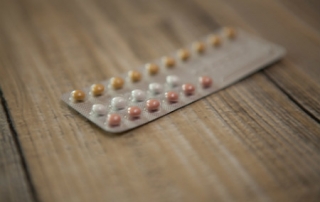October 2015 Roundup: Recent Publications in Reproductive Psychiatry
When we started our website 15 years ago, a productive month in the field of reproductive psychiatry meant that a few good articles were published. Times have certainly changed. In fact, it is sometimes difficult [...]










